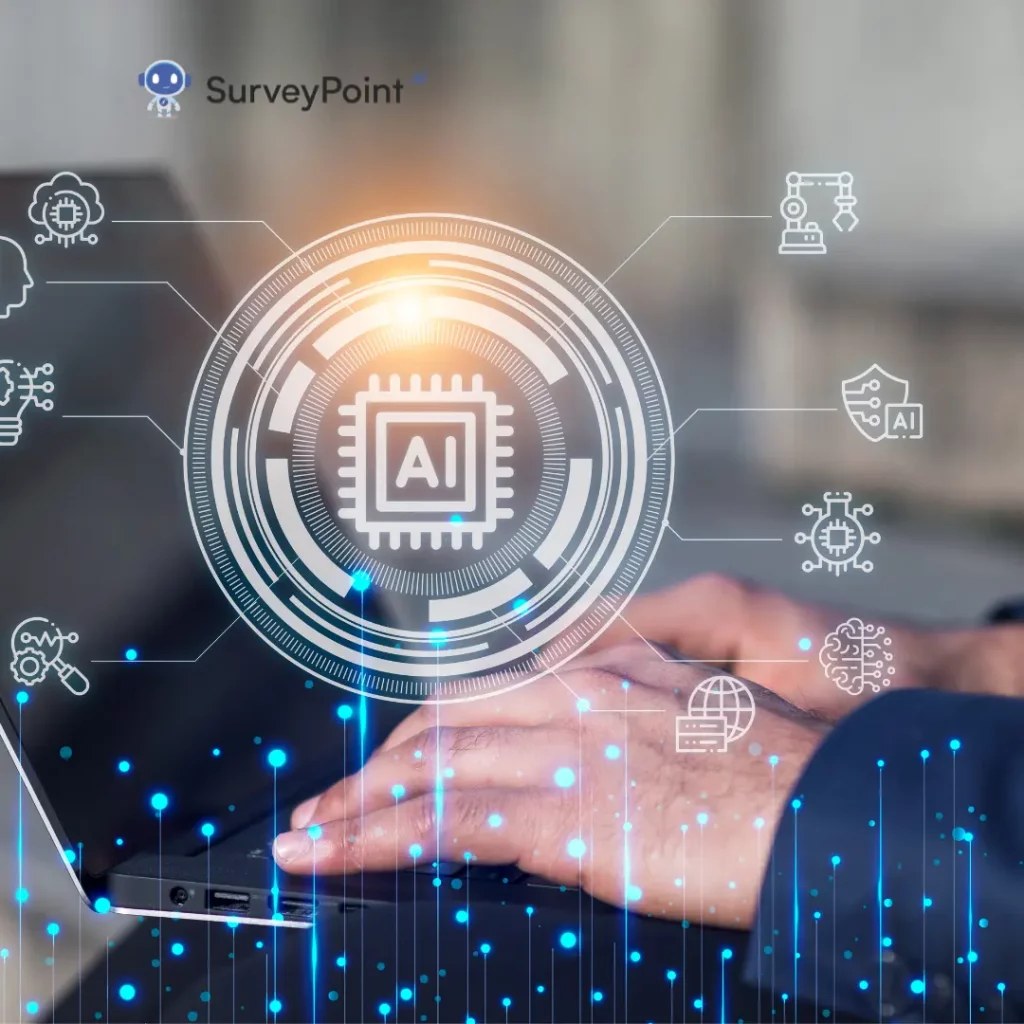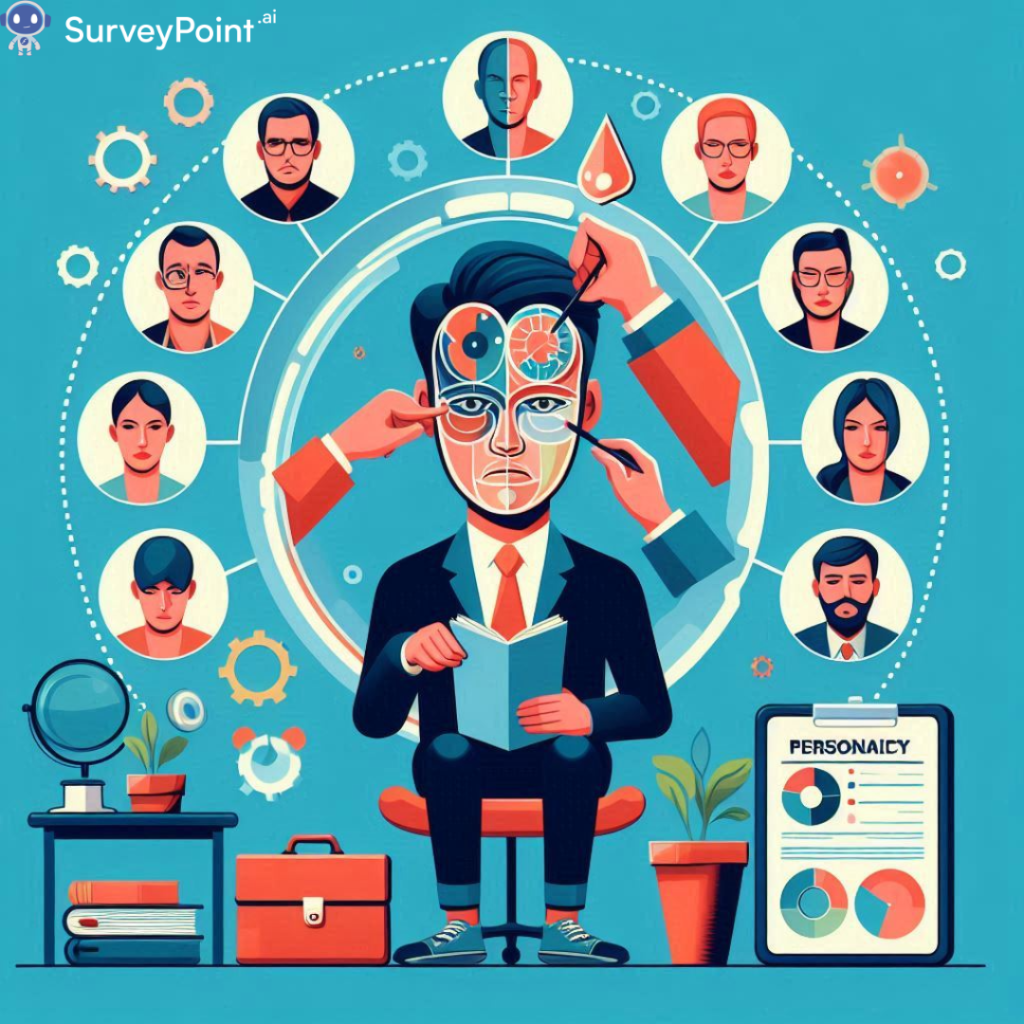
Machine learning, a subfield of artificial intelligence (AI), has undergone a remarkable evolution, reshaping the way we live, work, and interact with technology. As we stand at the cusp of a new era, it is imperative to understand what machine learning is, explore the latest advancements, and analyze the potential it holds for the future.
What is Machine Learning?
At its core, machine learning is a branch of artificial intelligence that empowers computers to learn and improve from experience without being explicitly programmed. Traditional programming involves instructing a computer on how to perform a specific task, whereas machine learning enables systems to learn patterns and make predictions or decisions autonomously.
As the demand for intelligent systems grows, machine learning has become an integral part of various applications, from recommendation systems and image recognition to natural language processing and autonomous vehicles.
Latest Machine Learning Advances
The landscape of machine learning is constantly evolving, with researchers and developers pushing the boundaries of what is possible. In recent times, several groundbreaking advancements have propelled the field forward:
- Deep Learning Breakthroughs: Deep learning, a subset of machine learning, has witnessed significant breakthroughs, especially in the realms of image and speech recognition. Neural networks with multiple layers, inspired by the human brain, have demonstrated unprecedented capabilities.
- Reinforcement Learning Milestones: Reinforcement learning has achieved remarkable success in training machines to make sequential decisions. This has led to advancements in robotics, gaming, and optimization tasks, with machines learning to navigate complex environments and outperform human experts.
- Explainable AI (XAI): As machine learning models become more complex, the need for transparency and interpretability has grown. Explainable AI focuses on developing models that can provide understandable explanations for their decisions, fostering trust and accountability.
- Transfer Learning: Transfer learning allows models to leverage knowledge gained from one task to perform better on a different, but related, task. This has accelerated the development of machine learning applications in domains with limited labeled data.
- Edge Computing Integration: The integration of machine learning with edge computing has enabled devices to process data locally, reducing latency and dependence on centralized cloud resources. This is particularly crucial for real-time applications and scenarios with limited connectivity.
Machine Learning Trends for the Future
As we gaze into the future, several trends are poised to shape the landscape of machine learning:
- AI-powered Personalization: Machine learning algorithms will continue to refine personalized experiences in areas such as content recommendations, product suggestions, and targeted advertising.
- Robust Natural Language Processing: Improvements in natural language processing will lead to more sophisticated chatbots, virtual assistants, and language translation systems, revolutionizing communication across borders and languages.
- AI in Healthcare: Machine learning applications will play a pivotal role in diagnosing diseases, predicting patient outcomes, and optimizing treatment plans. This could lead to more personalized and efficient healthcare solutions.
- Autonomous Vehicles: The evolution of machine learning algorithms for perception, decision-making, and control will drive the development of autonomous vehicles, reshaping the transportation industry.
- Responsible AI and Ethics: With the growing influence of machine learning in critical areas, the emphasis on ethical considerations, fairness, and accountability will intensify, leading to the development of responsible AI practices.
Impact of Machine Learning on the Future
The impact of machine learning on the future is profound and far-reaching. From revolutionizing industries to enhancing our daily lives, machine learning is set to bring about transformative changes:
- Increased Efficiency and Automation: Machine learning algorithms excel at processing vast amounts of data quickly and accurately, leading to increased efficiency and automation across various sectors, from manufacturing to finance.
- Job Transformation and Skill Requirements: While automation may lead to the displacement of certain jobs, it also opens up new opportunities for roles centered around developing, maintaining, and interpreting machine learning systems. The workforce will need to adapt to a changing landscape by acquiring new skills.
- Enhanced Decision-Making: Machine learning empowers businesses and organizations to make data-driven decisions, uncover patterns, and gain valuable insights. This, in turn, leads to improved strategies, increased competitiveness, and better-informed choices.
- Innovation and Product Development: Machine learning fuels innovation by enabling the creation of intelligent products and services. From voice-activated assistants to recommendation systems, businesses are leveraging machine learning to stay ahead of the curve.
- Customized User Experiences: As machine learning algorithms analyze user behavior and preferences, they can deliver personalized experiences in areas such as online shopping, entertainment, and social media, enhancing user satisfaction and engagement.
How Will Machine Learning Evolve in 2024?
Looking ahead to 2024, the evolution of machine learning is expected to follow several key trajectories:
- Advancements in Model Efficiency: Researchers will focus on developing more efficient machine learning models, ensuring optimal performance with reduced computational resources. This will facilitate the deployment of machine learning applications on a broader scale.
- Human-AI Collaboration: The collaboration between humans and AI systems will become more seamless, with machine learning aiding in decision-making processes and enhancing human capabilities. This synergy will result in more productive and creative outcomes.
- Cross-Domain Integration: Machine learning applications will increasingly span multiple domains, fostering interdisciplinary collaboration. This integration will lead to innovative solutions in areas such as healthcare, finance, and environmental sustainability.
- Exponential Growth of Edge AI: Edge computing will play a pivotal role in the proliferation of AI applications, allowing devices to process data locally. This will lead to faster response times, improved privacy, and increased efficiency in resource utilization.
- Continued Focus on Ethical AI: As the societal impact of machine learning becomes more apparent, there will be a heightened emphasis on ethical considerations. Developers and organizations will prioritize building AI systems that are transparent, fair, and accountable.
Is Machine Learning the Future of AI?
Machine learning and artificial intelligence are intricately connected, with machine learning serving as a subset of AI. While AI encompasses a broader range of concepts and techniques, machine learning stands out as a key driver of AI advancements.
The future of AI undoubtedly involves the continued evolution and integration of machine learning techniques. As machine learning algorithms become more sophisticated and capable, they will play an increasingly central role in realizing the potential of artificial intelligence across diverse applications.
How Can a Machine Learning Development Company Benefit My Business?
Engaging with a machine learning development company can be a strategic move for businesses seeking to harness the power of machine learning. Here are some key ways in which such companies can benefit your business:
- Customized Solutions: Machine learning development companies specialize in creating tailored solutions that align with your specific business needs. Whether it’s predictive analytics, recommendation systems, or automation, these companies can craft solutions that address your unique challenges.
- Expertise and Experience: Machine learning development companies bring a wealth of expertise and experience to the table. Their teams are well-versed in the latest algorithms, frameworks, and best practices, ensuring that your machine learning projects are developed with precision and efficiency.
- Faster Time-to-Market: Leveraging the services of a machine learning development company can expedite the development process. With a dedicated team focused on your project, you can bring innovative machine learning applications to market more quickly and gain a competitive edge.
- Scalability: As your business grows, so do your data and machine learning needs. A reputable machine learning development company can design scalable solutions that can adapt to the evolving requirements of your business, ensuring long-term success.
- Risk Mitigation: Developing machine learning solutions involves inherent risks, from algorithmic bias to data privacy concerns. A professional machine learning development company is equipped to navigate these challenges, employing rigorous testing and validation processes to mitigate risks and ensure compliance with ethical standards.
Conclusion
In conclusion, the future of machine learning holds immense promise, shaping the landscape of artificial intelligence and influencing various industries. From the latest advancements and future trends to the profound impact on society and business, machine learning is a dynamic force driving innovation and transformation.
As we venture into 2024, the evolution of machine learning promises continued breakthroughs, ethical considerations, and collaborative human-AI interactions. Whether you are a business leader exploring the benefits of machine learning or an enthusiast keen on understanding the unfolding possibilities, the journey into the future of machine learning is a fascinating exploration of technology’s endless potential.




